Online interactions have become an integral part of our daily lives, the importance of protecting personal information cannot be overstated. With the increasing prevalence of data breaches and cyberattacks, it is crucial for individuals to be proactive in safeguarding their sensitive data when using websites.
This article will delve into various aspects of personal information security and provide you with essential steps to protect yourself online.
Importance of Personal Information Security Measures

Personal information security is a critical aspect of our digital lives. In today’s interconnected world, where technology plays a central role in our daily activities, it is essential to comprehend the value of safeguarding our personal information.
The Value of Personal Information
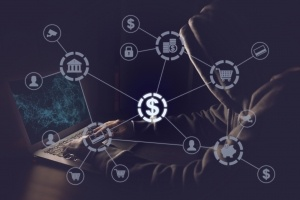
Your personal information encompasses a wide range of data, including your name, address, phone number, email address, social security number, financial details, and more. It is a comprehensive collection of details that uniquely identifies you as an individual.
However, it is not just a mere collection of data. Your personal information holds immense value, both to you and to cybercriminals. It collects data that is a digital representation of your identity, and it is crucial to protect it from falling into the wrong hands.
Cybercriminals covet this to collect personal information as it can be sold for significant sums on the dark web. Once in the hands of nefarious individuals, your personal information can be exploited for various malicious purposes. From identity theft to fraudulent activities, the potential harm that can arise from the exposure of personal information is vast.
Risks Associated with Personal Information Exposure

The risks associated with personal information exposure are numerous and can have long-lasting consequences. Identity theft, for instance, can wreak havoc on your financial well-being and tarnish your reputation.
According to a report by the Federal Trade Commission, over 4.8 million identity theft and fraud cases were reported in 2020 alone, resulting in a staggering loss of $3.3 billion. These numbers highlight the severity of the issue and emphasize the need for robust personal information security measures.
Identity theft is not the only risk associated with personal information exposure. Cybercriminals can use your personal information to gain unauthorized access to your other accounts, such as your email, social media, your phone numbers or even your bank accounts. This unauthorized access can lead to further exploitation and compromise your digital life.
Moreover, personal information exposure can also result in a loss of privacy. In an era where online privacy is increasingly under threat, protecting your personal information becomes paramount. Your personal information should remain confidential, accessible only to trusted entities, and not be subject to unauthorized disclosure.
Additionally, personal information exposure can have psychological and emotional consequences. The feeling of violation and vulnerability that comes with the knowledge that someone has access to your personal details can be distressing. It can erode your sense of security and make you question the trustworthiness of digital platforms and services.
Understanding the importance of personal information security is crucial in today’s digital landscape. Your personal information holds immense value, and its exposure can lead to various risks and consequences. By implementing robust security measures and being vigilant about protecting your personal information, you can mitigate the potential harm and safeguard your digital identity.
The Role of Websites in Personal Information Security
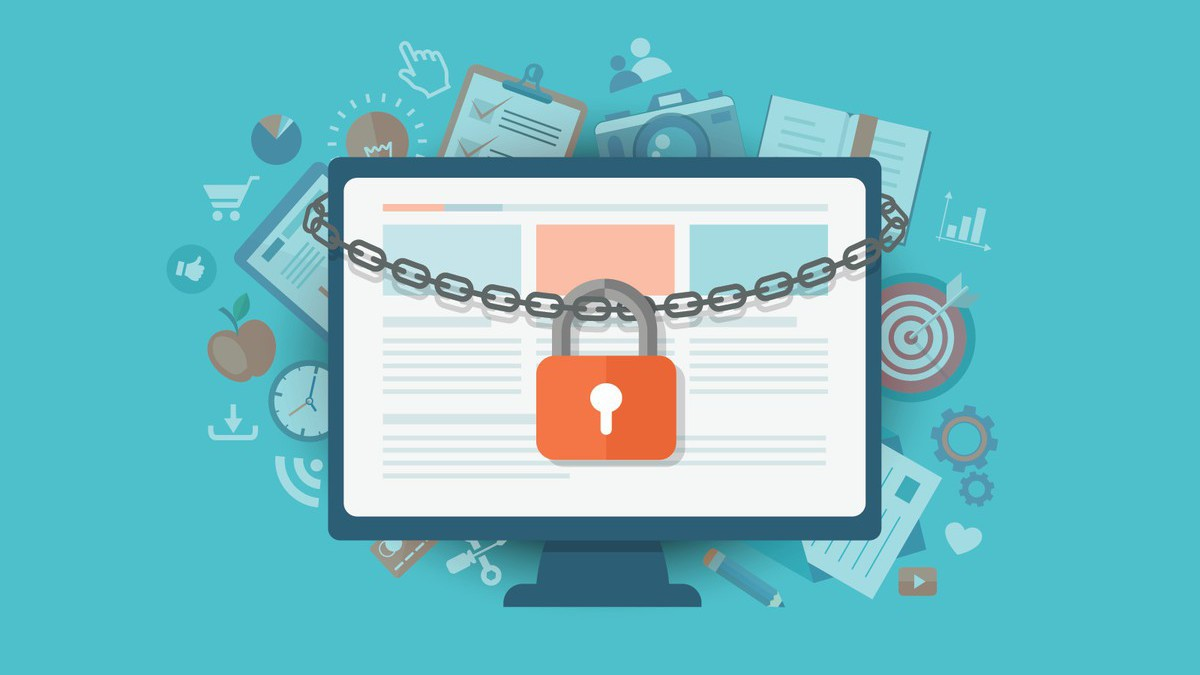
In today’s digital age, websites play a crucial role in managing personal information security. As users interact with various online platforms, their data becomes increasingly vulnerable to security threats.
Understanding how websites handle personal data and implement security measures is essential for safeguarding against data breach, user privacy and preventing data breaches. Let’s delve into the significance of websites in personal information security.
The Use of Cookies and Tracking
One common practice employed by websites to enhance user experience and gather information is the use of cookies and tracking mechanisms. Cookies are small text files stored on a user’s device that contain data related to their browsing activity.
They help websites recognize returning visitors and inform users to personalize their experience based on past interactions. However, cookies also raise concerns about privacy and data collection, as they can track users across different websites and gather sensitive information without their explicit consent.
To address these concerns, websites should be transparent about their use of cookies and tracking technologies. They should provide clear explanations in their privacy policies regarding the types of data collected, the purposes for which it is used, and the options available to users for managing cookie preferences.
Additionally, websites should offer mechanisms for users to opt-out of non-essential tracking and provide easily accessible tools for managing cookie settings.
Furthermore, websites should prioritize the implementation of robust security measures to protect user data from unauthorized access and exploitation. This includes encrypting sensitive information transmitted between the user’s device and the website or operating system’s servers, regularly updating software and security patches to mitigate vulnerabilities, and implementing multi-factor authentication to prevent unauthorized account access.
Websites play a significant role in personal information security, and their practices regarding data collection, cookies, and tracking have a direct impact on user privacy.
By prioritizing transparency, implementing robust security measures, and empowering users with control over their data, websites can enhance trust and confidence among their user base while mitigating the risks associated with data breaches and security threats.
Legal Framework for Data Protection

In today’s digital age, data protection has become a critical concern for individuals and organizations alike. Various laws and regulations govern the collection, storage, and use of personal data to ensure the privacy and security of individuals’ information.
Understanding the legal framework for data protection is essential for businesses to comply with regulations and protect the privacy rights of their users. Let’s explore some key regulations in this area:
General Data Protection Regulation (GDPR)
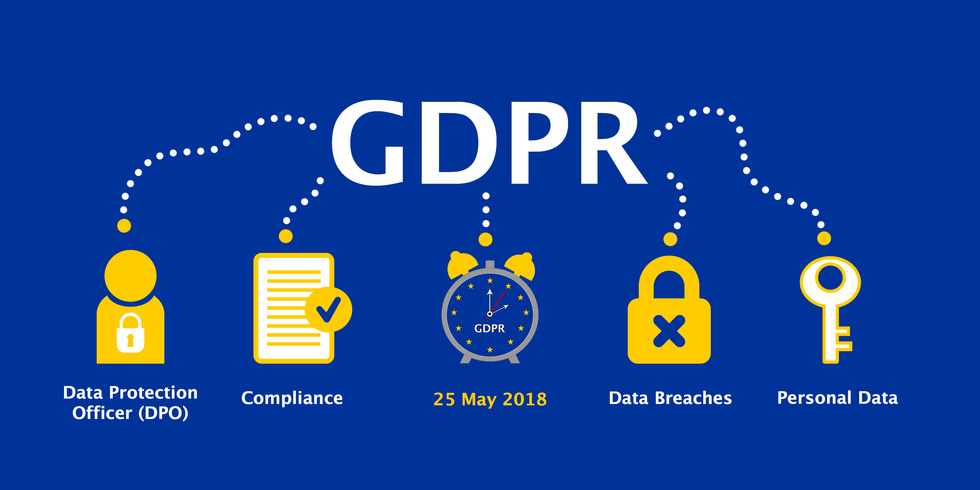
The General Data Protection Regulation (GDPR) is a comprehensive data protection law that came into effect in the European Union (EU) in 2018. It aims to harmonize data privacy laws across Europe and enhance the protection of individuals’ personal data.
GDPR imposes strict requirements on businesses that collect, process, or store personal data of EU residents, regardless of the company’s location. Under GDPR, organizations must obtain explicit consent for data collection, implement robust security measures, the data protection act and notify authorities of data breaches within 72 hours.
California Consumer Privacy Act (CCPA)
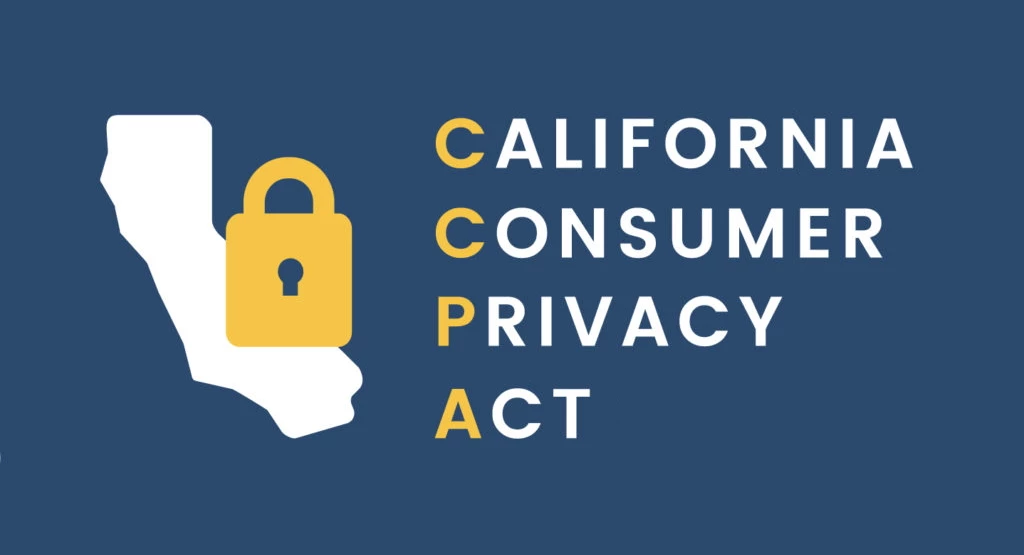
The California Consumer Privacy Act (CCPA) is a state-level privacy law that grants California residents greater control over their personal information. Enacted in 2018, CCPA enhances transparency and accountability for businesses that handle consumers’ personal data.
It gives California residents the right to know what personal information is collected, request deletion of their data, opt-out of the sale of their information, and sue companies for data breaches. CCPA applies to businesses that meet certain criteria, including those with annual gross revenues exceeding $25 million or those that handle the personal information of 50,000 or more California residents.
Best Practices for Website Data Protection
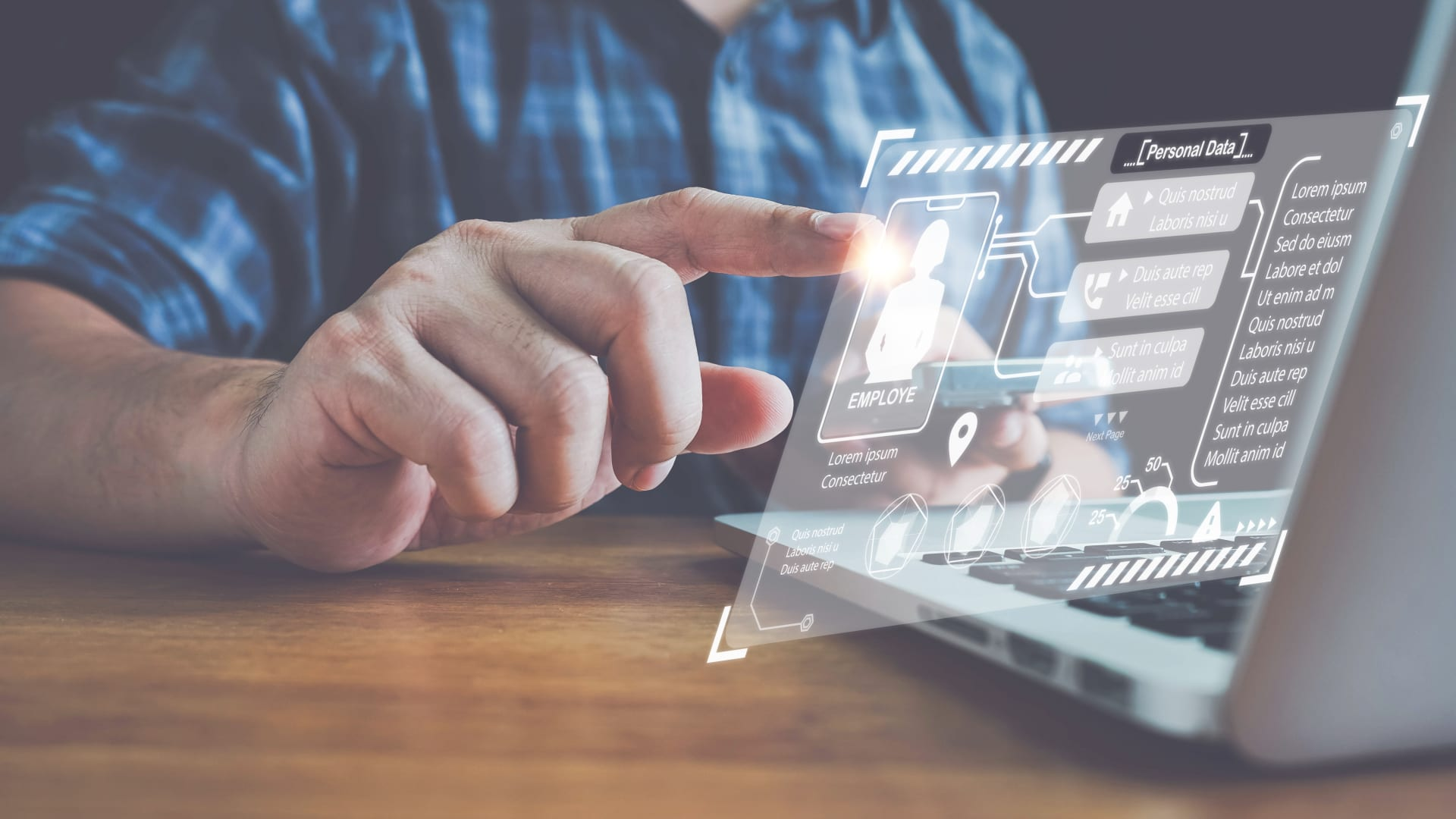
Ensuring the security of user data is paramount for any website. Implementing robust data protection measures not only safeguards sensitive information but also fosters trust and confidence among users. Here are some best practices to enhance website security and data protection:
Implementing Secure Authentication Methods
Authentication is the process of verifying the identity of users accessing a website or application. Implementing secure authentication methods, such as strong passwords, biometric authentication, or multi-factor authentication (MFA), adds an extra layer of security to prevent unauthorized access.
MFA requires users to provide multiple forms of verification, such as a password and a unique code sent to their mobile device, making it more difficult for malicious actors to compromise accounts.
Encrypting Data Transmission
Encrypting data transmission ensures that information exchanged between the user’s device and the website’s servers remains secure and confidential. Secure Socket Layer (SSL) or Transport Layer Security (TLS) protocols encrypt data to prevent interception by unauthorized parties during transmission. Implementing encryption protocols is essential, especially when transmitting sensitive information like personal details, payment data, or login credentials.
Regularly Updating Software and Patches
Regular software updates and security patches are crucial for addressing vulnerabilities and strengthening the overall security posture of a website. Software developers frequently release updates to fix bugs, patch security flaws, and enhance functionality.
Failure to promptly install updates can leave websites susceptible to exploitation by cyber attackers. Therefore, website administrators should establish a regular schedule for applying updates and patches to all software components, including web servers, content management systems, and third-party plugins.
Two-Factor Authentication
Two-Factor Authentication (2FA) adds an extra layer of security beyond passwords by requiring users to provide a secondary form of verification before gaining access to their accounts. This could be a unique code sent via SMS, a one-time password generated by an authenticator app, or biometric authentication such as fingerprint or facial recognition. By implementing 2FA, websites can significantly reduce the risk of unauthorized access, even if passwords are compromised through data breaches or phishing attacks.
Privacy Settings and Their Importance
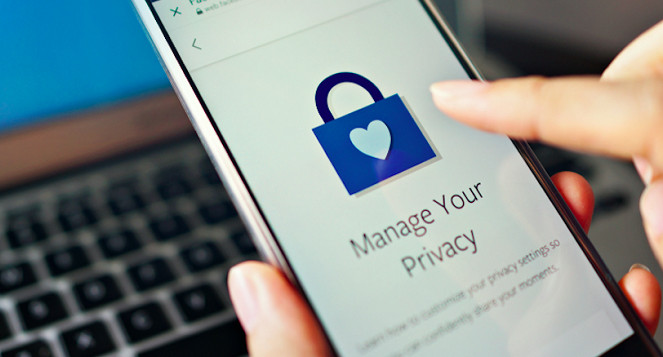
In today’s digital age, where social media platforms play a central role in our interconnected world, it is crucial to prioritize our privacy. While these platforms offer numerous benefits, they also possess the potential to expose large amounts of personal information to the public.
Therefore, it becomes imperative for individuals to review and adjust their privacy settings on these platforms.
By taking the time to adjust your privacy settings on social media, you can ensure that only desired individuals can access your posts, photos, and personal details. This simple step can significantly, reduce the risks of identity theft and online harassment. It grants you control over who sees your information, allowing you to share your life with confidence and peace of mind.
Adjusting Privacy Settings on Social Media
When it comes to adjusting privacy settings on social media platforms, it is essential to understand the various options available to you. These platforms often provide a range of settings that allow you to customize the visibility of your posts and personal information.
For instance, Facebook offers options to limit the visibility of your posts to specific groups of people, such as friends, family, or custom lists. You can also adjust settings related to tagging, allowing you to review and approve tags before they appear on your profile. Similarly, Instagram allows you to make your account private, ensuring that only approved followers can see your posts and stories.
Furthermore, it is advisable to periodically review and update your privacy settings as social media platforms frequently introduce new features and options. Staying informed about these changes will help you maintain control over your online presence and protect your privacy effectively.
Understanding Website Privacy Policies
Privacy is not limited to social media platforms alone. When using websites, it is essential to familiarize yourself with their privacy policies. These policies outline how the website collects, uses, and protects your personal information.
Reading through privacy policies might seem tedious, but it is a crucial step in ensuring that your information is being handled responsibly. Look for websites that have strict data protection measures in place and adhere to industry best practices.
These websites often provide clear and transparent explanations of how they handle user data, giving you peace of mind when interacting with their services.
Moreover, understanding website privacy policies can help you make informed decisions about the information you share online. It allows you to assess the potential risks and benefits associated with using a particular website, ensuring that your personal information remains secure.
Adjusting privacy settings on social media platforms and understanding website privacy policies are essential steps in safeguarding your personal information. By taking control of your online privacy, you can enjoy the benefits of social media and website usage while minimizing the risks of identity theft and online harassment. Stay informed, stay vigilant, and protect your digital footprint.
The Role of VPNs in Protecting Personal Information
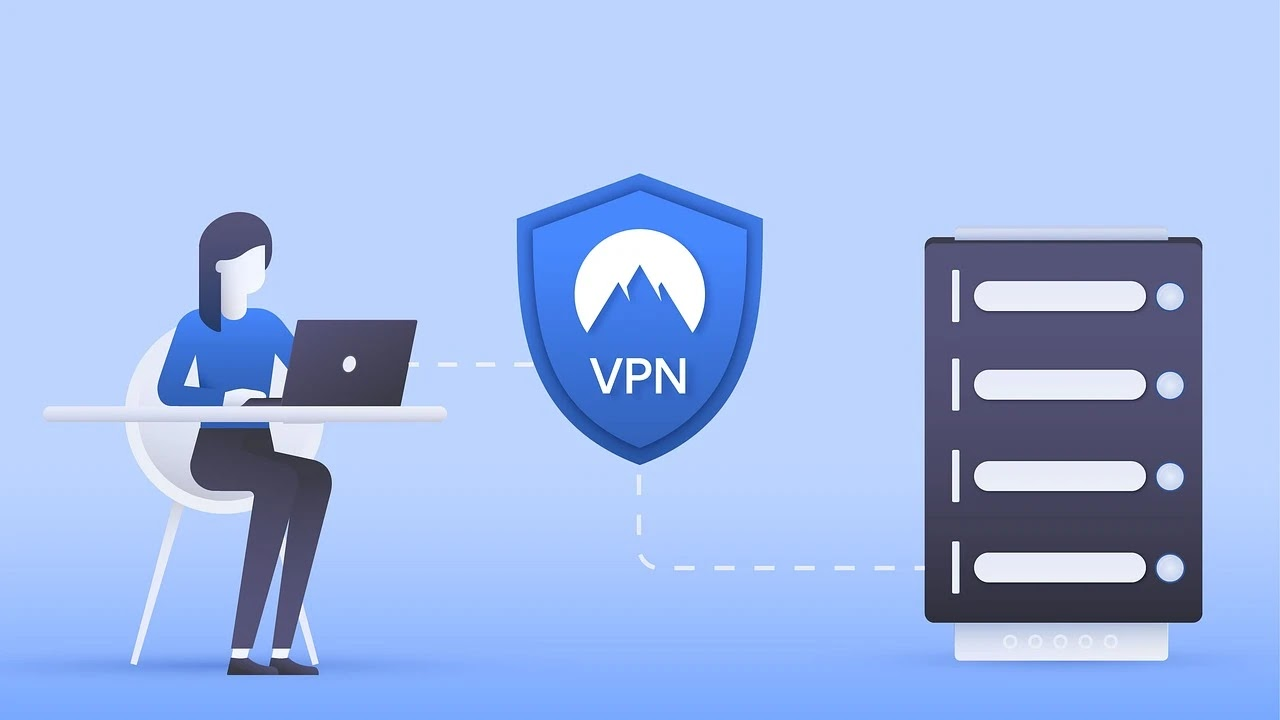
What is a VPN?
A Virtual Private Network (VPN) encrypts your internet connection and routes it through a secure server, effectively shielding your online activities from prying eyes. By using a VPN, you can maintain your privacy and protect your personal information from potential hackers or eavesdroppers. VPNs are particularly useful when connected to untrusted networks, such as public Wi-Fi hotspots, where cybercriminals often lurk.
How VPNs Enhance Online Privacy
VPNs provide multiple layers of protection for your personal information. They encrypt your data, making it virtually impossible for anyone to intercept or decipher. Moreover, by masking your IP address, VPNs prevent websites from tracking your online activities and aggregating data about you. As a result, your browsing history remains private, and your digital footprint becomes significantly harder to trace.
Safe Online Shopping Practices

Secure Payment Methods
When shopping online, it is vital to use secure payment methods to protect your financial information. Opt for reputable payment gateways that utilize encryption and offer additional layers of security, such as payment verification codes or tokenization. Avoid entering your credit card details on suspicious or unsecured websites.
Additionally, regularly monitor your bank statements and credit reports to detect any unauthorized activity promptly.
Recognizing Secure Websites
Before making a purchase or entering sensitive information on a website, it is crucial to verify its security. Look for indicators such as the padlock symbol in the browser address bar, which indicates that the website has an SSL certificate and offers a secure connection.
Additionally, reputable websites often display trust seals and security badges from trusted third-party organizations, providing further assurance of their commitment to data security.
Educating Yourself and Others About Online Privacy

Staying Updated on Privacy News
Privacy practices and threats evolve rapidly in the digital landscape. Staying updated on the latest privacy news and emerging cybersecurity threats is essential to protect yourself and your personal information.
Subscribe to reputable technology news sources and follow industry experts who frequently share insights and best practices in the realm of online privacy. By staying informed, you can adapt your security measures and stay one step ahead of potential threats.
Teaching Kids About Online Privacy
As digital natives, children are increasingly exposed to online platforms from an early age. It is crucial to educate them about the importance of online privacy and provide guidance on safe internet practices.
Encourage open conversations about the risks associated with sharing personal information online and teach them to navigate privacy settings on social media platforms and mobile apps. By instilling good habits early on, you can empower children to protect their personal information throughout their digital journey.
In Conclusion
Protecting personal information on websites is an ongoing responsibility that should not be taken lightly. By understanding the importance of personal information security, being aware of the risks associated with exposure, and actively implementing essential steps to safeguard your data, you can significantly reduce the likelihood of falling victim to cyber threats.
Remember, your personal information is your valuable asset; protect it with vigilance and informed decision-making.







